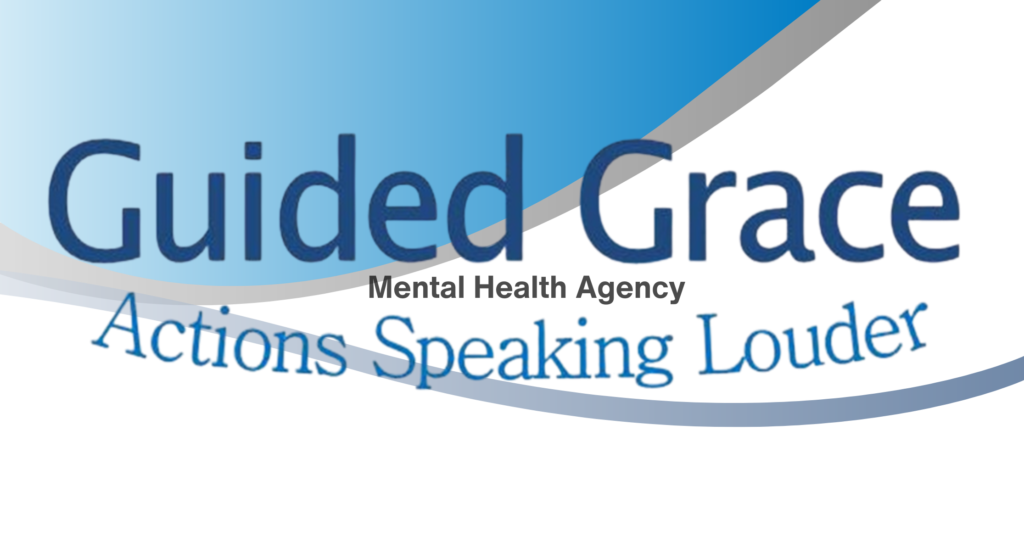Therapy provides numerous advantages, such as helping you address mental health challenges like anxiety and depression and equipping you with the mental and emotional tools needed to enhance your life. If you’re contemplating therapy, you might wonder about the duration of each session. Typically, therapy sessions last between 45 and 55 minutes, also known as the “therapeutic hour.” However, some therapy types may involve shorter or longer sessions.
At Guided Grace, our team of experts is dedicated to family and youth services. We provide therapy and counseling for children and teenagers facing various family, social, or school-related challenges. Your visit’s purpose may encompass anything from preventing worrisome behaviors to addressing emotional trauma. Our mission is to assist families in learning, growing, and fostering joyful lives together.
In this article, you’ll find information on the typical duration of therapy sessions, how your chosen therapy type may influence session length, and guidance for getting started with therapy.
What Is the Duration of Therapy Sessions?
Most face-to-face or online individual therapy sessions last for 45 to 55 minutes. Generally, therapy sessions begin on the hour and conclude five to 15 minutes before the next hour starts.
At Guided Grace, the length of our sessions vary from 30, 60 to 90 minutes. We also offer brief phone consultations that are billed in 15 minute intervals. Since therapy is an intensive process for both the client and therapist, this break is crucial for ensuring that therapists can devote their full attention and expertise to you.
Intensive Therapy
Individuals struggling with severe, persistent mental health or substance abuse disorders might benefit from intensive therapy. This therapy typically requires a more significant commitment and may involve multiple multi-hour sessions weekly, typically over two to three months. An example of intensive therapy, as defined by the American Society of Addiction Medicine, is when a person receives nine or more hours of therapeutic contact per week. Intensive therapy is a significant commitment, but it can be effective for those whose mental health or substance abuse issues don’t improve with conventional therapy.
Now, let’s examine the typical therapy duration for common conditions:
-
Anxiety
Anxiety is a common experience, especially during life events like starting a new job, getting married, or having a child. However, anxiety can become a daily struggle for some individuals, manifesting as panic attacks, intrusive thoughts, sleep problems, overeating or undereating, and heart palpitations, among other symptoms.
The duration of therapy to treat anxiety depends on the prescribed therapy type, the severity of the issue, and any life events that may exacerbate anxiety. Generally, people with anxiety benefit from CBT due to its well-defined structure and focus on identifying and managing anxiety triggers. Treatment plans consider the client’s experiences, such as anxiety in social situations or triggers related to past events. CBT usually consists of 5-20 sessions, each lasting 50-60 minutes.
-
Depression
Like anxiety, periods of low mood and even depression are common. However, for some, depression becomes a pervasive issue, affecting work, relationships, and personal health.
Depending on the client’s depression presentation, complexity, and severity, different treatment plans may be recommended, such as CBT, acceptance and commitment therapy (ACT), compassion-focused therapy (CFT), or an integrative approach combining multiple methods. The duration of treatment is at the clinician’s discretion but typically ranges from 6-24 sessions.
-
PTSD and trauma
PTSD and trauma are often more complex issues that necessitate more extended treatment plans. As these conditions are highly individualized, various treatment methods and durations exist. It’s essential to trust your therapist and collaborate to determine the appropriate treatment duration.
Couples Therapy
Couples therapy typically involves longer sessions, usually lasting 75 to 90 minutes. The extended duration enables both partners to engage in treatment. Some couples therapy formats involve multiple long intake sessions and different lengths and formats for subsequent sessions.
Group Therapy
Since group therapy sessions involve multiple individuals rather than just you and your therapist, they tend to be slightly longer than standard individual sessions. Group therapy sessions typically last between 50 and 90 minutes, allowing therapists to engage with all group members and address all questions. Online therapy groups usually last up to an hour, covering topics such as managing anxiety, addressing relationship issues, enhancing focus, overcoming insomnia, and practicing mindfulness.
How Long Does it Take for Therapy to Show Results?
The question “How long will it take?” often comes with an underlying concern about the time it will take to experience improvement or healing. While the average duration of Cognitive Behavioral Therapy ranges from 5 to 20 sessions, the time it takes for therapy to work can vary.
In the context of therapy, such as CBT, your progress largely depends on your commitment. The therapist’s sessions are well-structured, and you might receive assignments at home, like maintaining an activity journal. Completing this “homework” is your choice, but actively engaging in the CBT process can lead to better outcomes and faster recovery. Remember that it’s not only the therapist and the treatment plan that determine the therapy’s duration but also your involvement and contribution.
How Can You Monitor Your Progress?
So, how can you measure progress, and how do you know if therapy has been effective? Your therapist might recommend keeping a diary to track your improvement. For instance, if you have social anxiety, your notes can document significant achievements like attending a social gathering or speaking up in a work meeting.
Once your treatment plan concludes, your therapist will provide the resources to continue your self-improvement journey. The dual-sided nature of therapy is most effective when you invest time, effort, and focus on learning from your therapy sessions and developing coping strategies that you can apply throughout your life.
Youth Therapy Services Offered in Saginaw, Michigan
If you or a loved one have questions about therapy in general or any of the therapeutic services offered at Guided Grace , we are happy to help you. Our dedicated professionals have assisted numerous families and young individuals in fostering brighter futures and cultivating a positive perspective on life.
Get in touch with us by calling on (989) 394-4428 or book a consultation online today!

